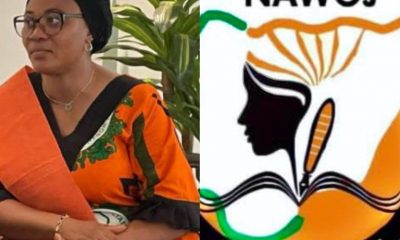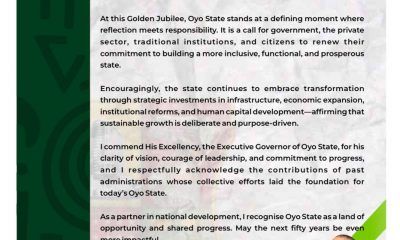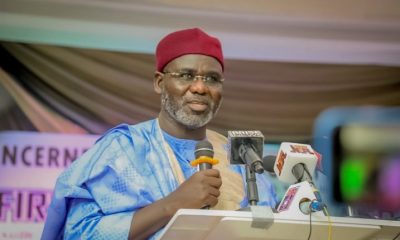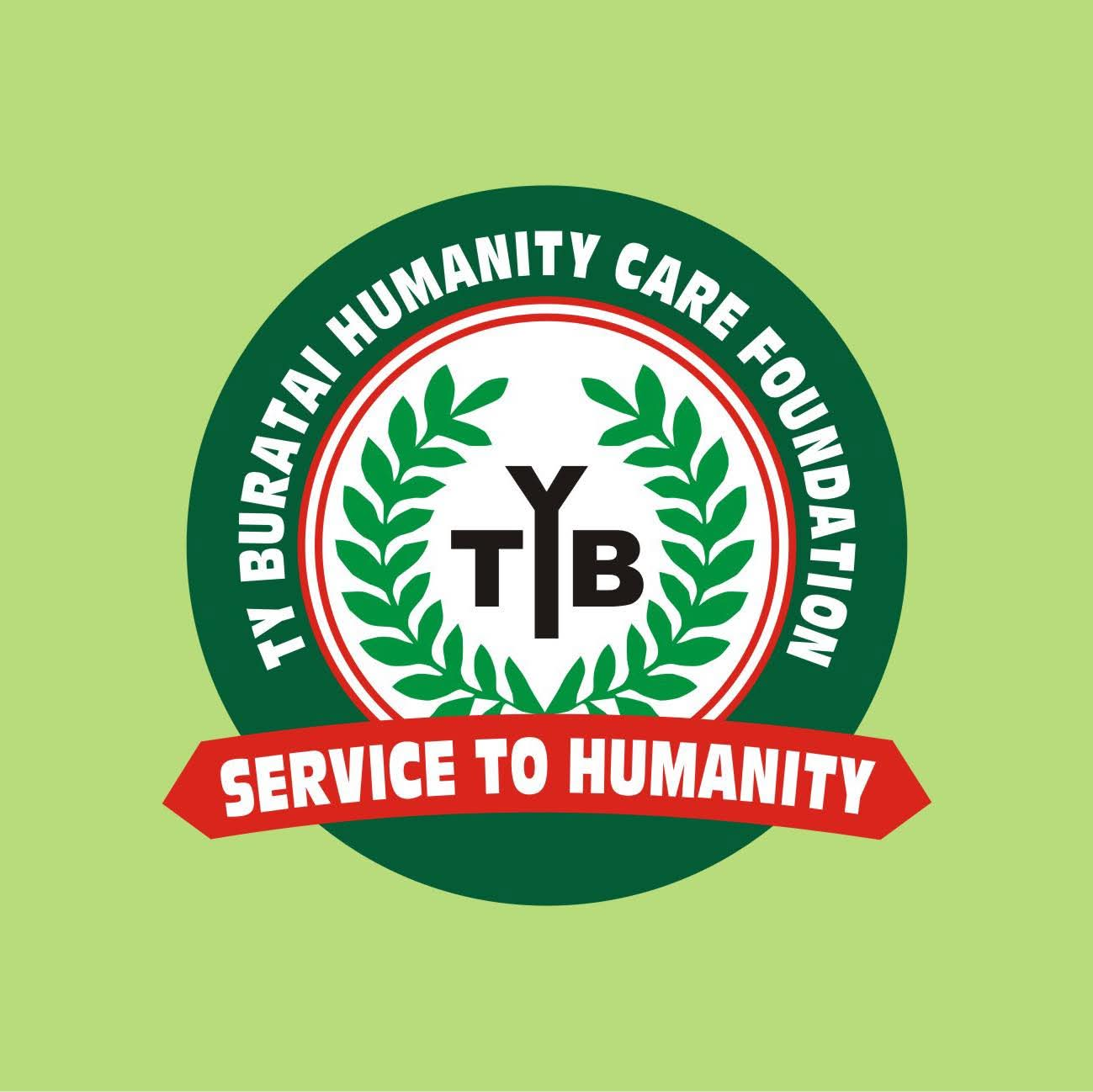society
KreekAfrica: Offering Opportunities for Unemployed African Youths
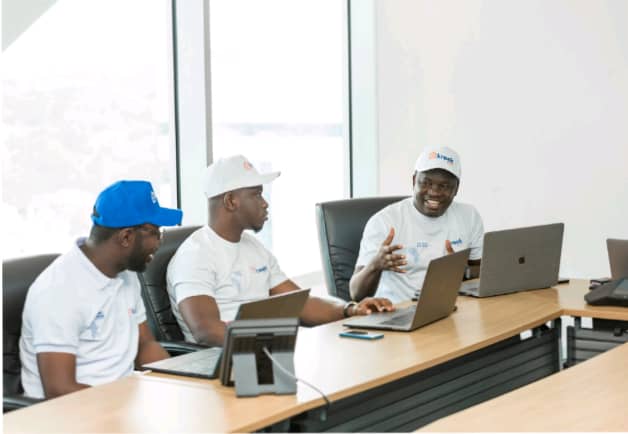
Africa has a lot of potentials, and its time not only to talk about it but harness it. That means creating the right opportunities for the continent to put its best foot forward. One of the areas that need attention is employment, especially when it comes to the youth. The lack of job opportunities might be holding Africa back from showcasing what it has to offer. However, with the industriousness of the people can be said that there is light at the end of the tunnel. And with the various governments and stakeholders willing to take strides to enhance the quality of life of its people, there’s an ongoing conversation about the best way forward.
Africa’s Employment Issue
Africa has a large population of use at the moment, and the numbers are expected to grow even more. This seems to create a problem with unemployment since the last numbers do not match the number of opportunities in the job market. On top of that, the traditional employment structure does not seem to favor most of the youth in terms of wages and the required experience. The African youth are, therefore, either stuck doing nothing, going back to school, or finding another career path that will present ‘better’ opportunities. Sometimes, the common assumption is that African youth are lazy and do not put any effort into their own sustenance. But for those who will not allow for their futures to be dictated for them, there’s another way around. More and more youth and the African population, in general, are looking for better ways to change the narrative and take their future into their own hands. This route is self-employment, which accounts for a large percentage of the employment option for Africans. Being self-employed is gaining traction on the continent and has indeed contributed to improving the quality of life of most Africans. It provides a stable source of income with fewer costs and an opportunity for a work-life balance as compared to traditional employment. Even businesses all over the continent are benefitting from this employment option, due to contracting and outsourcing or freelancing. Especially for small businesses that cannot afford to pay inhouse workers, freelancers present an effective solution.
But there is one threat to the style of work, and that comes from the lack of systems to link talent to those that need them and vice versa. Unlike elsewhere in the world where freelancing platforms are popular and almost a normal way of earning an income, Africa lacks such privilege. So, freelancers often have to bend over backward to have access to the opportunity they need and get their work out there. Also, African freelancers who go the extra miles to get on the available platforms that exist outside the continent are often faced with a myriad of challenges. The stereotype that Africans are not skilled, and the racism that they face are just a few of them. And that is where Kreek Africa comes in.
The Kreek Africa’s Solution
Kreekafrica.com seeks to provide African freelancers, no matter the industry, with a well-organized platform where they can be seen by entities that need their services. With this platform made for Africans, they are given the freedom to navigate the employment scene, putting to good use their skills and talent.
The investment into African freelancing comes with many benefits, with the most significant of all being able to shape the African economy for the better. The statistics show that freelancing is no longer a trend but a sustainable method for people to improve their quality of life. For Africa, it is a step in the right direction towards self-sustenance and independence. It also presents the opportunity to showcase the potential that is often very well broadcasted.

society
NAWOJ: SEKINAT, CHARITY GETS VOTE OF CONFIDENCE
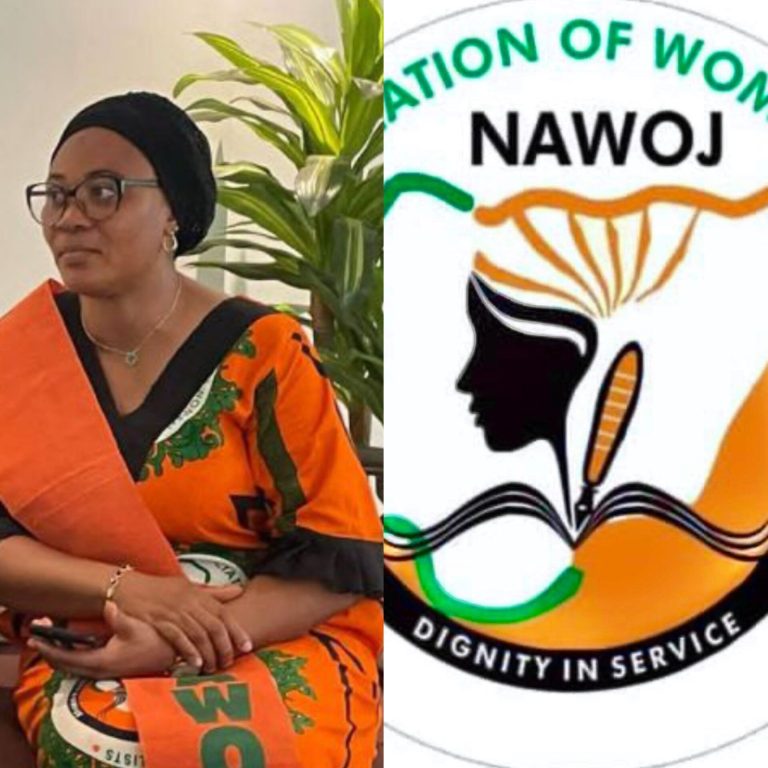
NAWOJ: SEKINAT, CHARITY GETS VOTE OF CONFIDENCE
The Nigeria Association of Women Journalists,(NAWOJ), Ogun State Chapter Executives has unanimously passed a vote of confidence on Chairman NAWOJ SEKINAT Salam and the Financial Secretary, Charity James, saying that, their leadership reflect the ideal and objectives of NAWOJ.
This was revealed in a communique issued at an Emergency meeting of the Executive held at the NUJ State Council, Iwe-Iroyin in Abeokuta.
The vote of confidence on the Leadership of NAWOJ was unanimously signed by all the five executive members that attended the meeting with the vice chairperson taking apology for official engagement outside the state capital.
According to the communique ” Consequently, NAWOJ Ogun State Chapter, reaffirms it’s unwavering support and confidence in the Chairperson and the Financial Secretary, Sekinat Salam and Charity James respectively, Urge them to continue in their commitment to purposeful leadership in the best interest of the association and the society at large”.
Speaking briefly with Journalists after the emergency Executive meeting, the Chairperson, Nigeria Association of Woman Journalists (NAWOJ), Com. Sekinat Salam, said the meeting was necessary as the news of her suspension was laughable and insulting because it is like a pot calling a kettle black in this case, saying that the Leadership of the State Council, Com. Wale Olanrewaju has no local standing to suspend her or any executive member, even he cannot be a judge in his own case.
According to her” The Leadership of the Nigeria Union of Journalists, Ogun State led by Wale Olanrewaju has always been misusing power without recourse to the constitution of this noble Union, hence has no local standing to suspend me or any executive member “.
She said only the Central Working Committee (CWC) has the constitutional rights to sanction or suspend any members found wanting after due process has been followed.
While calling on members to stay calm, Com. Sekinat Salam assured members of positive representation of NAWOJ at both the State and National level, adding the success recorded under her administration cannot be overemphasized.
She therefore called on the National leadership of NUJ to critically look into the matter, either by setting up independent committee to investigate the issues and resolve the matter as quickly as possible.
society
Adron Homes Chairman Congratulates Oyo State on 50 Years of Progress
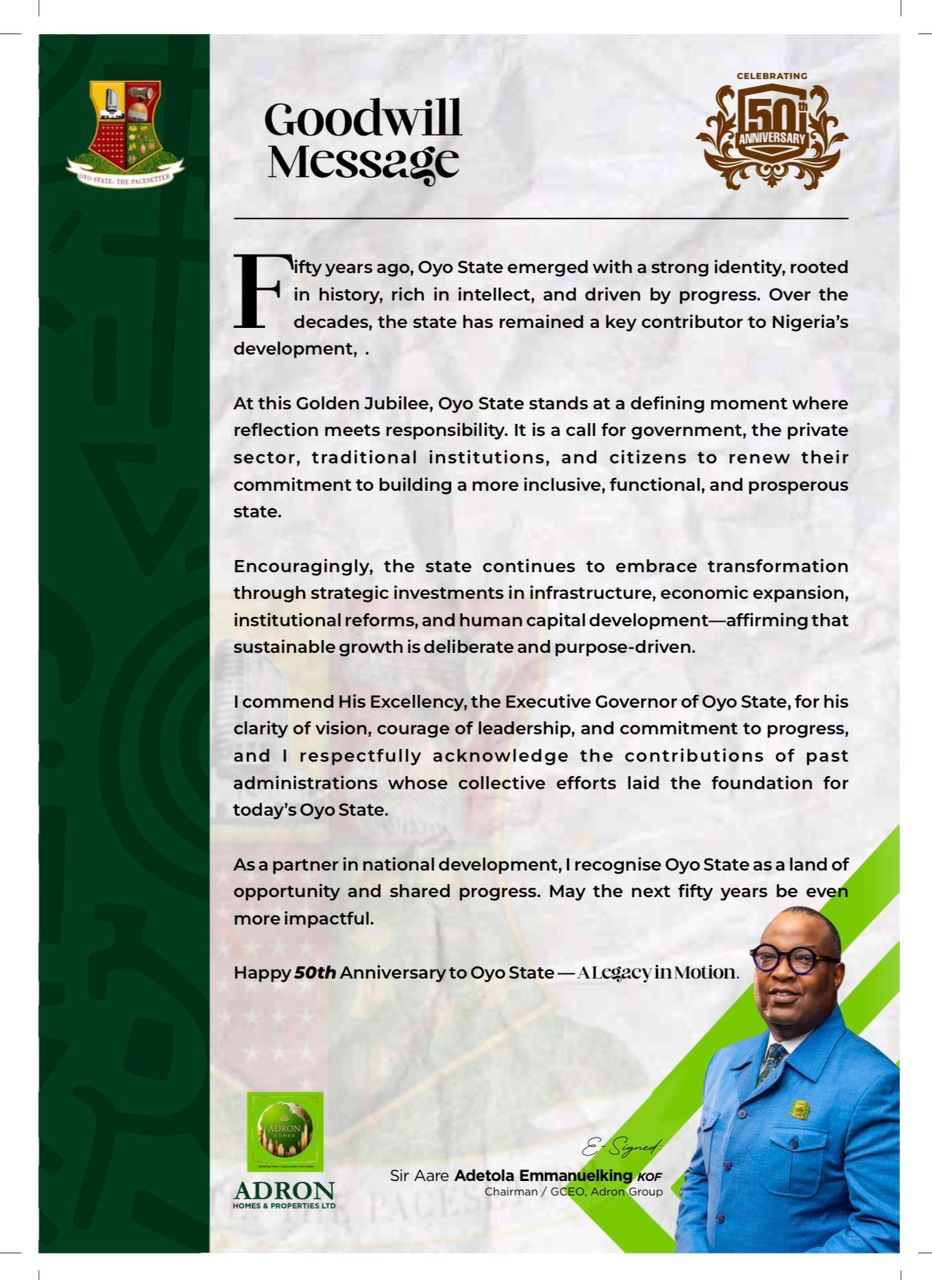
Adron Homes Chairman Congratulates Oyo State on 50 Years of Progress
The Chairman and Chief Executive Officer of Adron Homes and Properties Limited, Aare Adetola Emmanuelking, has congratulated the Government and people of Oyo State as the state marks its 50th anniversary, describing the occasion as a celebration of resilience, cultural pride, and sustained progress.
He noted that since its creation, Oyo State has remained a strong contributor to Nigeria’s socio-economic and cultural development, emerging as a hub of commerce, education, and innovation.
According to him, the Golden Jubilee offers a moment for reflection and renewed commitment by government, private sector players, traditional institutions, and citizens toward building a more inclusive and prosperous state.
Aare Emmanuelking commended the state’s ongoing transformation through investments in infrastructure, economic expansion, and human capital development, adding that sustainable growth is deliberate and must remain purpose-driven.
He also praised the leadership of the current administration while acknowledging the contributions of past leaders whose efforts laid the foundation for today’s Oyo State.
Reaffirming Adron Homes’ commitment to national development, he described Oyo State as a land of opportunity. He wished the state continued peace and prosperity, expressing confidence that the next fifty years will bring even greater achievements for the Pace Setter State and its people.
society
TY BURATAI HUMANITY CARE FOUNDATION CONDOLES WITH BIU EMIRATE OVER TRAGIC ATTACK
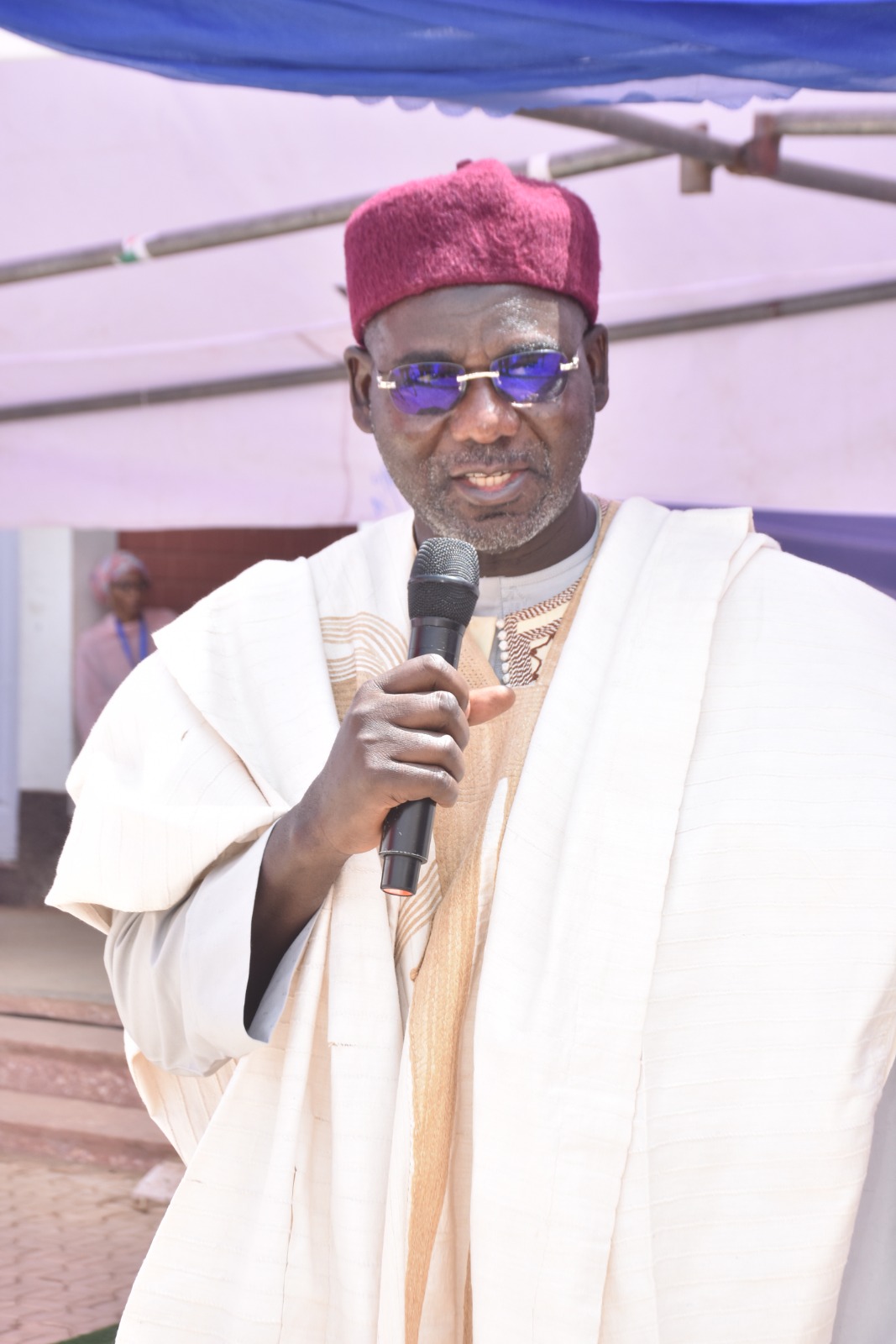
TY BURATAI HUMANITY CARE FOUNDATION CONDOLES WITH BIU EMIRATE OVER TRAGIC ATTACK
In a profound expression of sorrow, the TY Buratai Humanity Care Foundation has extended its heartfelt condolences to the families of the victims and the entire people of Biu Emirate, Borno State, following the recent tragic attack attributed to Boko Haram. This devastating assault, which occurred at a work site in northeastern Nigeria, claimed the lives of dozens, including brave soldiers committed to protecting the nation.
In a statement released to the press and signed by the Chairman of the foundation, Ibrahim Dahiru Danfulani Sadaukin Garkuwan Keffi/Betara Biu, the Grand Patron of the Foundation, His Excellency Amb. Lt. Gen. Tukur Yusufu Buratai CFR (Rtd), former Chief of Army Staff, described the incident as “one too many senseless, barbaric, and ruthless displays of inhumanity.” His Excellency emphasized the heartbreaking impact of such attacks on innocent, hardworking citizens striving to make a positive difference in their communities.
The Grand Patron praised the swift and decisive response of military personnel during this critical time, underscoring their brave commitment to safeguarding the nation. He called upon them to maintain this momentum, commending their courage and sacrifice in the face of adversity. “May Almighty Allah forgive their souls and grant them Aljannah Firdouse,” he remarked, encouraging the nation to honor their spirit of sacrifice as they rally together to rebuild and restore hope across the region.
In his statement, Gen. Buratai highlighted the importance of collective action in overcoming the challenges posed by insecurity, urging concerned citizens to increase their efforts in fostering a virile community that future generations can cherish. “Together, we can surmount these troubles,” he asserted, calling on all patriotic leaders and citizens to unite in the fight against violence and insecurity.
The TY Buratai Humanity Care Foundation remains committed to supporting initiatives that promote peace, security, unity, and prosperity. As the foundation extends its condolences to the bereaved, it also calls upon all segments of society to collaborate in creating a better and safer future. May Allah guide and protect the nation and lead it toward enduring peace. Amen.
-

 celebrity radar - gossips6 months ago
celebrity radar - gossips6 months agoWhy Babangida’s Hilltop Home Became Nigeria’s Political “Mecca”
-

 society6 months ago
society6 months agoPower is a Loan, Not a Possession: The Sacred Duty of Planting People
-

 Business6 months ago
Business6 months agoBatsumi Travel CEO Lisa Sebogodi Wins Prestigious Africa Travel 100 Women Award
-

 news6 months ago
news6 months agoTHE APPOINTMENT OF WASIU AYINDE BY THE FEDERAL GOVERNMENT AS AN AMBASSADOR SOUNDS EMBARRASSING


